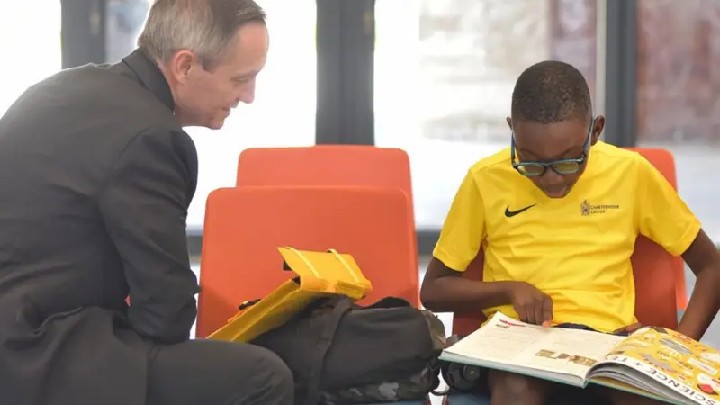 Inioluwa Ogunleye
3 weeks ago
Inioluwa Ogunleye
3 weeks ago
Overview
Nigeria already has a proliferation of private schools but high-quality, internationally recognised education within the country will appeal to many parents, particularly those who wish to preserve their children's cultural identity.
"African parents love the fact that they are giving their children international standing so they can compete with their counterparts in any other part of the world, but they don't want their children to lose their African-ness," says Ijay Uwakwe-Okoronkwo, the founder of Nkuzhi Learning Foundation in Nigeria's capital, Abuja.
The educational consultant, who advises parents and schools on international boarding options, explains the more relaxed, less respectful attitude children return with after going to school abroad is not always appreciated.
This cultural dilemma extends to the growing conversation around LGBTQ issues. Same-sex relationships and public displays of affection are illegal in Nigeria and homosexuality is not openly discussed or promoted.
It is something that the new crop of British schools has taken on board. For example, while Charterhouse UK displays a rainbow flag, the Nigeria school does not.
"We're a British independent school but sitting firmly within Nigerian cultural needs," says John Todd, head of Charterhouse Nigeria.
"There's this huge concern about Western cultural views.
"For parents here, we know it's a really big issue. It's a reason parents are worried about the UK schools.
"I'm not making a judgement - it's just the way it is."
British institutions in Nigeria have no choice but to "follow the law of the land", he acknowledges, adding: "We are 100% compliant."
Recognising Nigeria's deeply religious society, Charterhouse also permits parents to take their children home from the boarding house for Sunday church services, with the expectation that they return by Monday morning.
Read More: BBC



